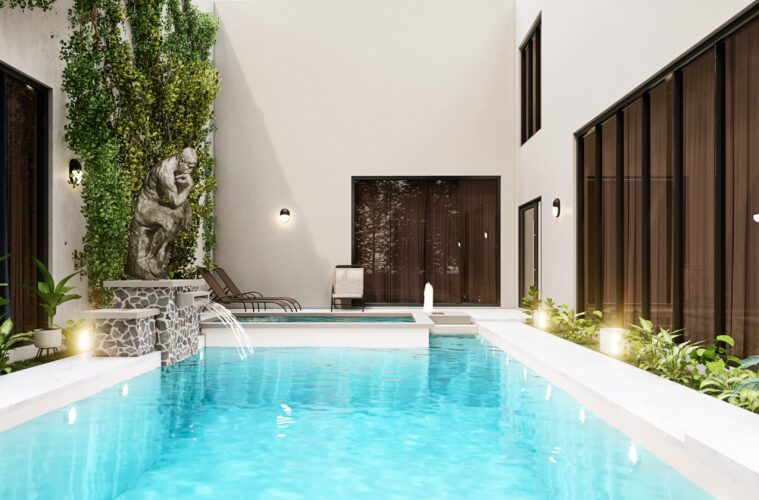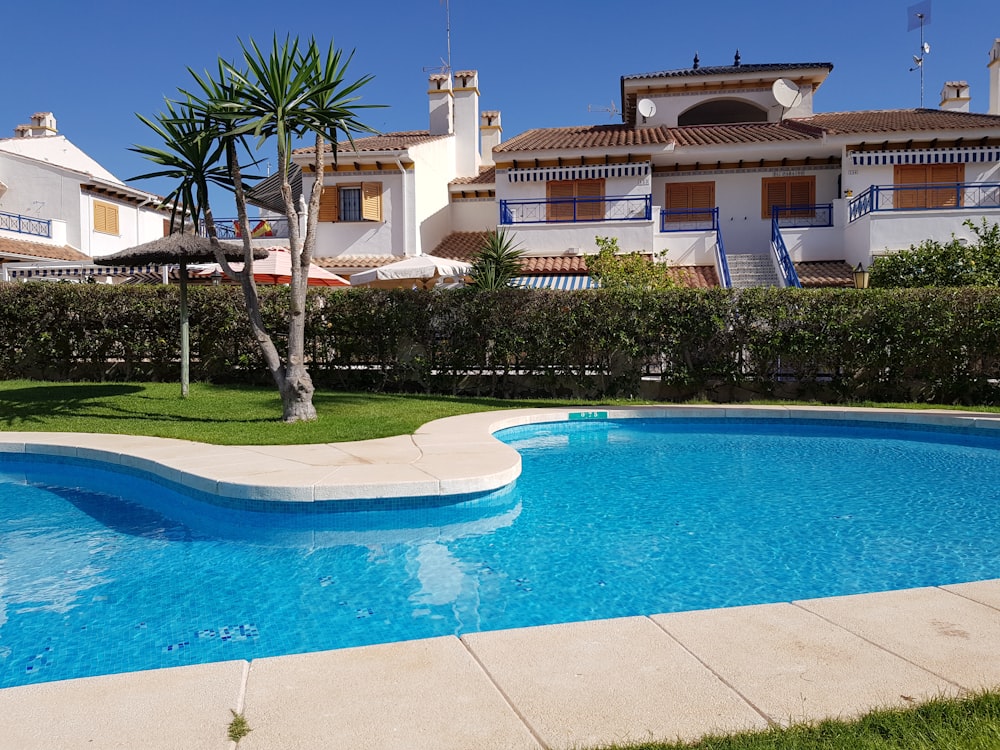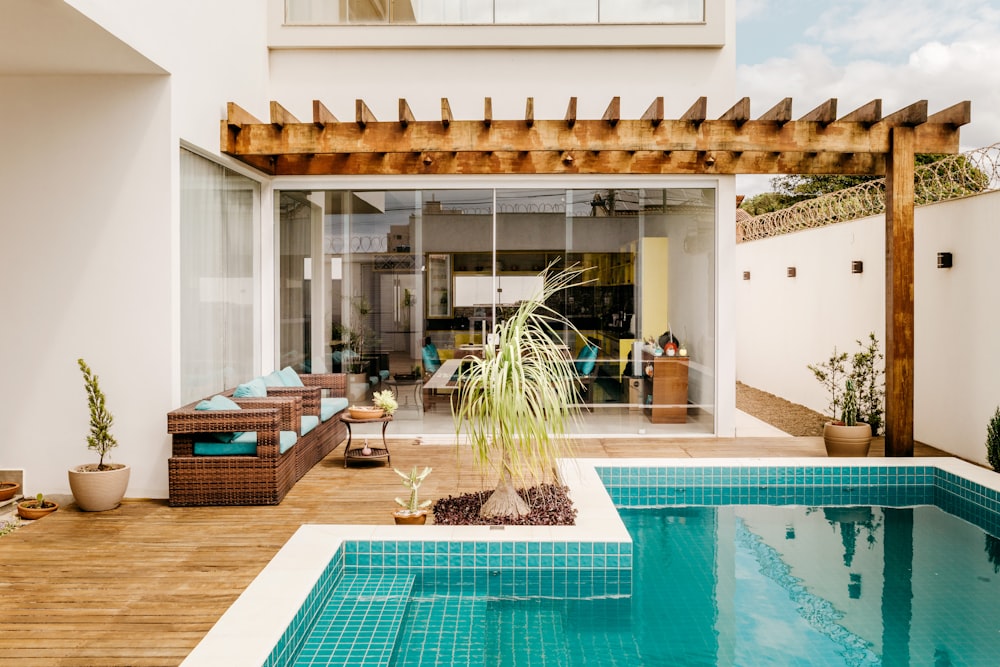Having a residential pool is one of the best ways to make your home life more enjoyable. You can cool off on hot summer days, host fun pool parties with friends and family, and even increase the value of your home. But owning a pool also comes with some important responsibilities – like regular maintenance. Taking care of your swimming pool will help ensure it looks great, works properly, and is safe for everyone who uses it. So here’s what kind of maintenance a residential pool needs so you can keep yours in tip-top shape all year round!
1. Repairing Swimming Pool Equipment
One of the most important parts of residential pool maintenance is making sure your swimming pool equipment is in good working condition. This means regularly inspecting the filters and pumps for any damage or signs of wear, as well as replacing any necessary components like O-rings and seals. It’s also important to check that all electrical connections are secure and that the system is running at its optimal efficiency. You can find more information here about maintaining your equipment the right way and how hiring a professional can help. In most cases, it’s best to have a professional service the pool equipment once or twice a year.
2. Proper Water Chemistry
Another important part of residential pool maintenance is making sure that your chemical balance is correct. It’s essential for both safety and performance reasons to keep the pH levels in your swimming pool water between 7.2 and 7.6, with an alkalinity of 80-120 ppm (parts per million). You can use either test strips or a digital testing kit to make sure your levels are where they need to be, which you should do at least once a week during periods of heavy use. And don’t forget to add chlorine regularly – the exact amount will depend on the size of the pool and how often it’s used.
3. Skimming Debris
To keep your pool looking its best, it’s important to skim away any dirt, leaves, or other debris that can accumulate in the water. This should be done at least once per day during the summer months when your pool is being used frequently. You can also install a skimmer basket system and/or use a robotic cleaner to help make this job even easier. For larger pools, a net on a telescoping pole can help you get to those hard-to-reach areas.
4. Cleaning the Pool Surfaces
In addition to skimming the water, it’s also important to clean your pool surfaces regularly. This means brushing down the walls and steps with a nylon brush every week or so and vacuuming any dirt or debris that may have accumulated in corners or crevices. You’ll also want to use an alkaline cleaner (like trisodium phosphate) to remove any stubborn stains that don’t come up with regular brushing. Some issues may require professional treatment, so you should consult with one if the problem persists.
5. Inspecting Your Pool Cover
A pool cover is a great way to keep debris out of your pool and help conserve energy by reducing water evaporation. So it’s important to inspect your cover regularly for any signs of wear or damage. This includes checking for tears and holes as well as ensuring the straps are still secure and tight. You’ll also want to make sure that the grommets and covers are properly sealed around the edges to prevent leakage. You should use a pool cover cleaner to remove any dirt or debris that has accumulated on the surface.
6. Cleaning Pool Filters
Your pool’s filtration system is one of the most important components, so it should be cleaned regularly. This usually involves removing and disassembling the filter to access the grids or cartridges and then cleaning them with a hose or pressure washer. Depending on your type of filter, you may need to do this every few weeks or months – refer to your owner’s manual for specific instructions. And make sure you use only approved cleaners that are designed specifically for pool filters. And while you’re at it, don’t forget to check the filter pressure gauge and backwash valves for proper operation.
Residential pool maintenance is essential to keep your swimming area safe and functioning properly. Regularly inspecting filters, pumps, and other equipment, maintaining proper water chemistry levels, skimming debris, cleaning pool surfaces, and inspecting covers and filters are some of the most important steps in this process. If done correctly, you can be sure that your swimming experience will be a pleasant one!
Published by HOLR Magazine.




